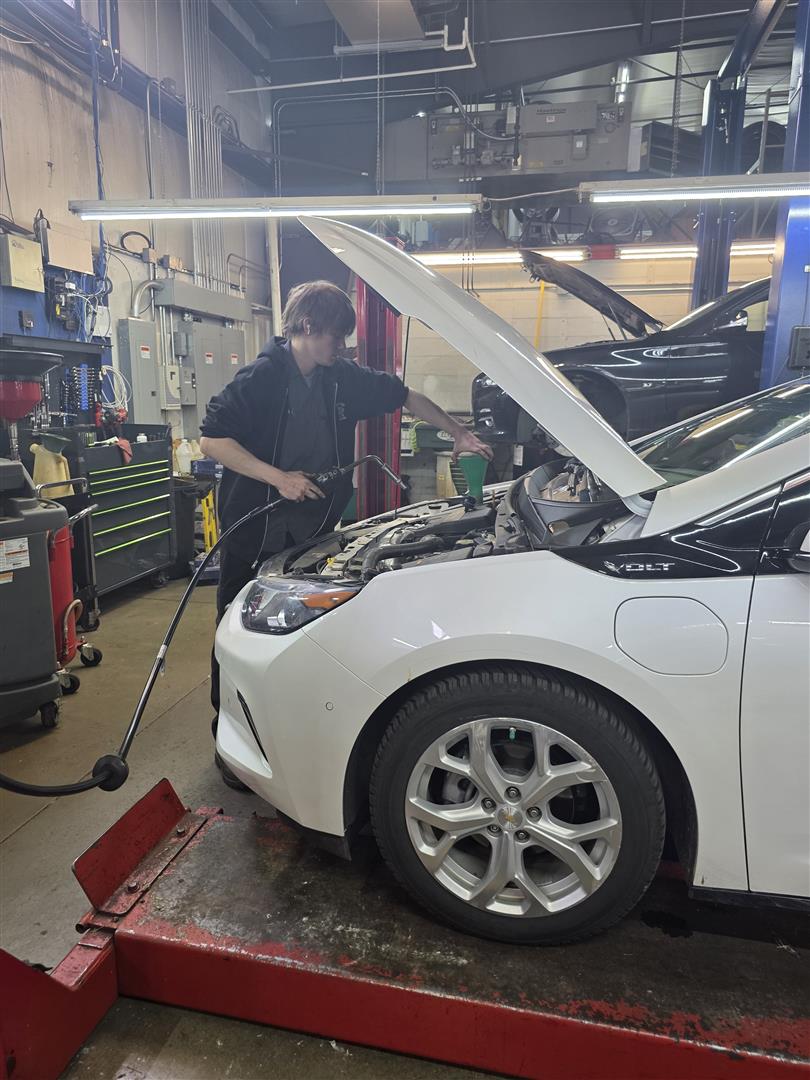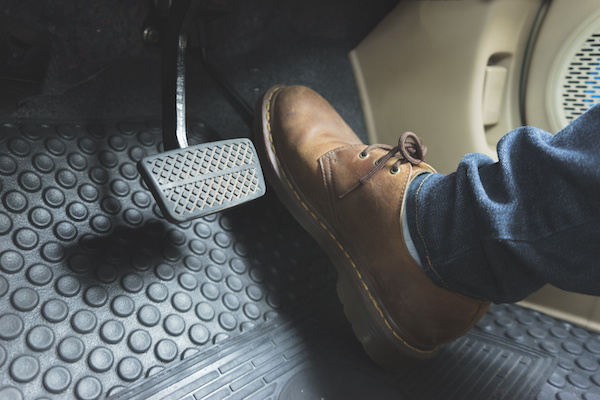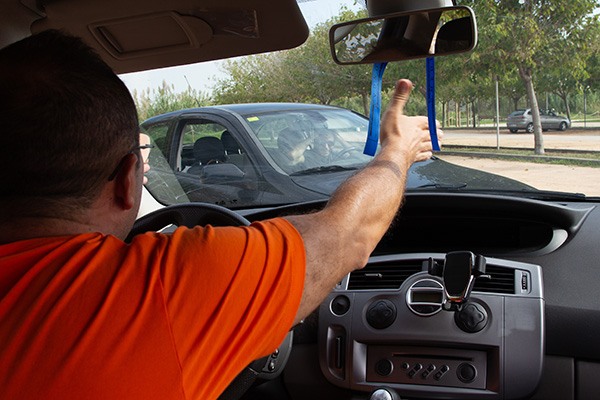Posted on 9/26/2025

Clear visibility is one of the most basic but essential parts of safe driving, especially during rainy or snowy weather. When your windshield wipers leave streaks, skip across the glass, or chatter noisily, it can turn a quick trip into a frustrating or even dangerous experience. If your wipers aren’t working smoothly, several underlying issues could be to blame. Let’s look at the most common causes and what you can do to fix or prevent them. Worn-Out Wiper Blades The most common reason wipers skip or leave streaks is simple wear. Rubber degrades over time, and wiper blades are exposed to sun, heat, rain, dirt, and snow year-round. That combination causes the edge of the blade to harden or crack, which prevents it from making full contact with the glass. Even if your wipers look fine at a glance, small cracks or uneven wear along the edge can cause poor performance. As a general rule, it’s a good idea to replace wiper blades every six to twelve mo ... read more
Posted on 9/23/2025

Electric vehicles (EVs) are changing the way we drive — with fewer moving parts, no oil changes, and less frequent routine service. But while EVs require less day-to-day maintenance than traditional gas-powered cars, they still need attention in some key areas. Staying proactive helps maximize performance, safety, and long-term value. 🔋 Battery Care Charge to 80–90% for daily use to preserve battery life. Avoid letting the battery drop below 20%. Use Level 2 charging at home when possible; reserve DC fast charging for road trips. Precondition the cabin and battery while plugged in to reduce strain. 🛞 Tires & Suspension EVs are heavier than gas cars, which stresses tires and suspension. Rotate tires every 5,000–7,500 miles. Check tire pressure monthly. Inspect suspension regularly — lightweight alloys used in EVs can wear differently. Keep wheel alignments up-to-date to protect ef ... read more
Posted on 9/10/2025

Stop Confidently This Fall: Why It’s Time for a Brake Fluid Flush As Wisconsin shifts into fall, slick roads, wet leaves, and misty mornings become part of the daily drive. While you’re pulling out the flannel and prepping for cooler temps, there’s one thing you might be forgetting: your brake fluid. It’s one of the most overlooked fluids in your vehicle, yet it plays a critical role in your safety. Especially this time of year, a brake fluid flush is one of the smartest preventative maintenance steps you can take. Why Brake Fluid Matters More Than You Think Brake fluid is what allows your vehicle to stop when you press the pedal. It transfers force into pressure, bringing your car to a safe and smooth stop. But over time, this fluid absorbs moisture from the air, and that moisture can severely impact braking performance. The wetter the weather, the worse it gets. Moisture in your brake fluid reduces its boiling point, whic ... read more
Posted on 8/29/2025

Road rage is more than just frustration while driving. It’s aggressive behavior that can put you, your passengers, and others on the road at risk. From tailgating and excessive horn use to shouting and weaving through traffic, road rage leads to dangerous situations. According to national traffic safety reports, aggressive driving is a factor in a significant percentage of crashes every year. Learning how to handle road rage is one of the most important steps toward staying safe behind the wheel. The Psychology Behind Road Rage Understanding why road rage happens can help drivers avoid it. Stress from work, fatigue, or even something unrelated to driving often contributes to short tempers behind the wheel. Some drivers feel a sense of anonymity when inside a car, which lowers their inhibition to act aggressively. Recognizing these triggers in yourself or others is the first step to preventing dangerous outbursts. Signs You Might Be Experiencing Road Ra ... read more
Posted on 7/29/2025

When you press the gas pedal, your car should respond promptly and smoothly. But if there's a pause, a stumble, or a jerky sensation before the engine picks up speed, that's a clear sign something isn’t working as it should. This type of hesitation can make driving frustrating and, in some situations, even dangerous, especially when merging onto highways or making quick turns. Knowing the causes of acceleration hesitation is the first step toward addressing it before it becomes a more significant and costly issue. What Is Acceleration Hesitation Acceleration hesitation is exactly what it sounds like: a delay or sluggish response from your vehicle when you press the gas pedal. Sometimes, it feels like the engine momentarily loses power, stutters, or bogs down before accelerating. It might only last a second or two, but even a brief delay can raise safety concerns, particularly during fast-paced driving or in traffic. This problem can come from multiple ... read more